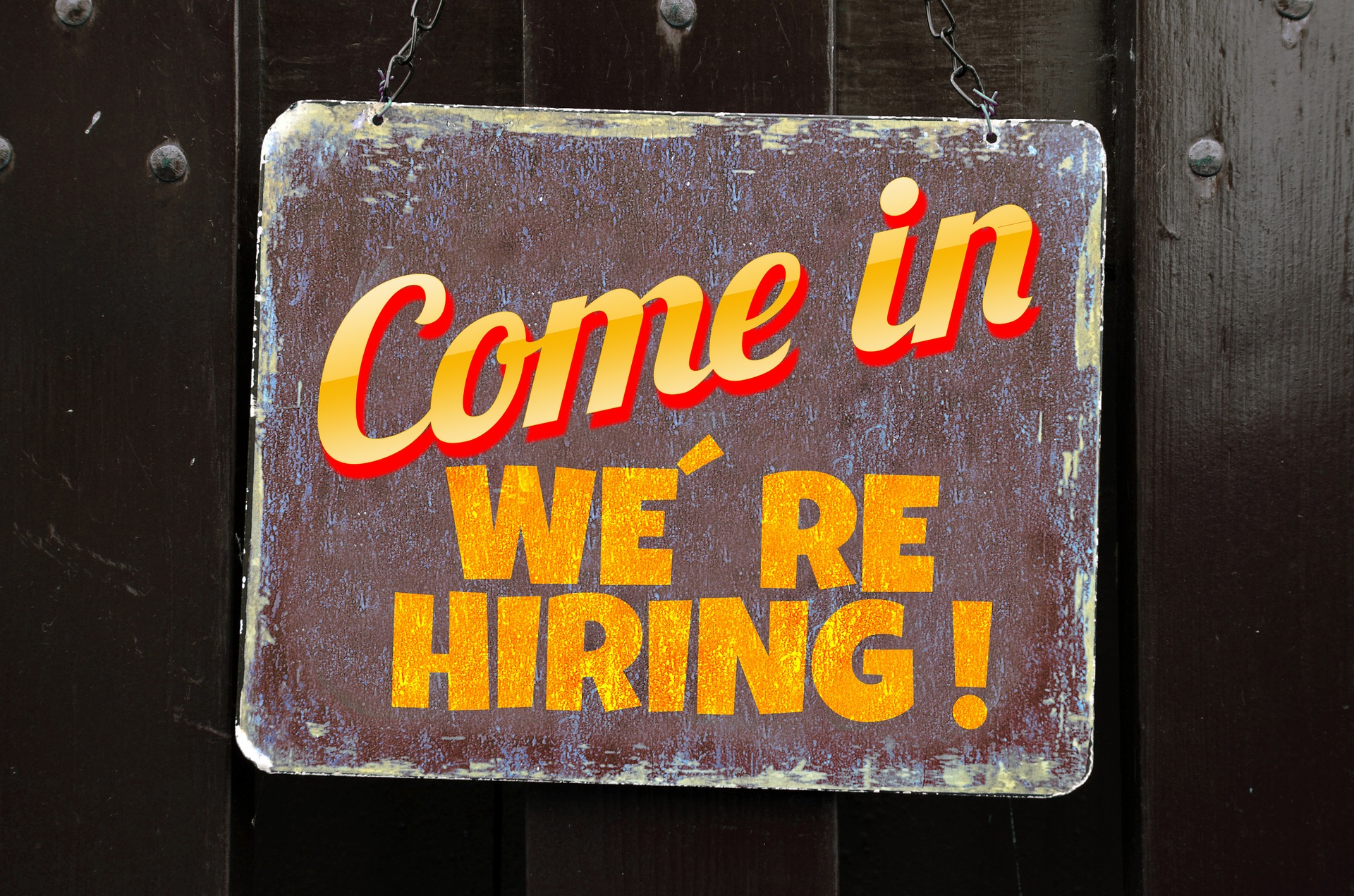
Small actions, big rewards.
For those of you who have children, you no doubt wonder, as I did, how they are faring living with a parent with an ABI. Ours is a unique situation as our now teenage son doesn’t know his dad any other way than with the ABI. It’s a mixed blessing, I’m sure. He didn’t know how dad struggled with him as a child, knowing that his child’s brain and body was often quicker than his own would allow. Our son is thoughtful, conscientious, and aware of everything. Always has been. And that’s a tough match for the parent who isn’t so quick and sure anymore, who forgets things easily and feels constantly tired and fogged in. Sometimes the child becomes the parent. “We parked over here, Dad. Do you have your wallet and keys, Dad? Did you remember to call Nana, Dad?”
Our son is intuitively protective of his Dad. When we were once walking along a river bank with a slight incline, our then 13 year old son strategically placed himself between Dad and the river, just in case Dad lost his balance and stumbled. We watched him do it not once, but three times. Heartwarming and Bittersweet. I’ve often wondered if our son knows how his family life is different from his friends. Does he wish his Dad were more active like his friends dads, with jobs and responsibilities outside the home?
As a father, my husband has excelled at providing the intellectual stimulation our son needs. Over the years, they’ve spent a lot of time at home together while I worked. No, the housework list I left didn’t get done. Instead, they watched a lot of documentaries on space, architecture, and engineering together. Discovery channel and PBS were the constant hum in our home. This was never mindless watching, but always followed with discussions, and practical applications . My husband was an armchair coach for building the latest Hot Wheels track, K-Nex roller coaster, or Lego Technic machine. Just because he wasn’t able to get down on the floor with him didn’t mean he wasn’t involved! Did I mention my husband, not me, was the one who wrote the lunch box notes for our son? Our son has still kept them all tucked away in a box for safety. I wonder if he’s read them lately.
And yet with all these things my husband did to be the best father he could for our son, so many times he doubted if it was enough, because it wasn’t the father he had imagined he would be. Oh, the losses he felt. Afraid to go out for a walk with his young son because the sidewalk is sometimes uneven and he could easily stumble and hurt both of them. What then? Or what if he got out too far and was too tired to get them both back home safely? What if his fatigue made him miss something important? And worst of all, what if someone tells him he’s a bad parent because he loses his temper too much when he can’t cope anymore? This fear was realized and he’s never forgotten it’s pain from those words spoken by those who didn’t understand. He’s had 15 years of wondering if, despite his ABI, he’s been the father our son needed. It’s a challenge just to rise to being a good father, but what about being a good father within the limits of your ABI? Is it enough?
My husband finally got his answer to that question last week. When our son sought out Dad to instruct him on his first shave, I had to leave the room to shield them from my tears of joy at this moment of their bonding. His son reached out to him. His son trusted him. His son wanted him in his life. They went about their business of shaving, quietly talking to each other in the way their sensitive souls do. But inside each of them, molecules moved to make room for this new relationship.
At last he knew. His son, his only child, accepted him. As he was, not as the dad he thought he should be. He was enough in his son’s eyes. More than enough.
The Compassionate Voice is written from the perspective of Helena, a spouse whose husband lives with an acquired brain injury. Her intention is to build greater awareness and conversation around everyday kindness and compassion through her blog. Helena’s experience showed her that to create the change she wanted to see she must first begin with herself.
To read Helena’s insights about her journey, click here.

